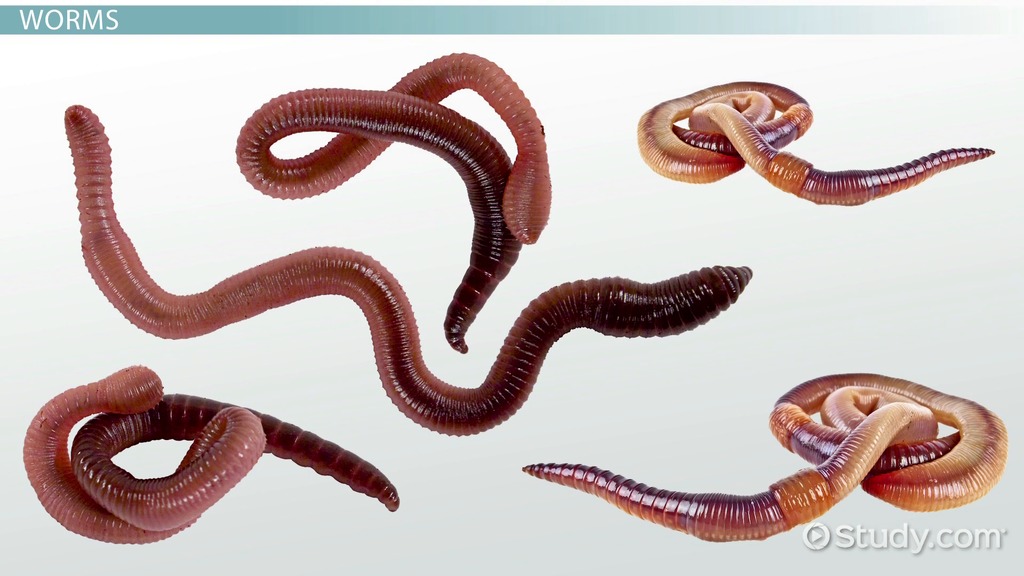Worms in Stomach: Understanding the Causes, Symptoms, and Treatments
Welcome to our comprehensive guide on worms in the stomach. In this article, we will delve into the various causes, symptoms, and treatments associated with this condition. We aim to provide you with detailed and accurate information that can help you understand and address this health concern effectively.
Understanding Worms in the Stomach
Worms in the stomach, also known as gastrointestinal parasitic infections, are caused by various types of worms that can infest the digestive system. These parasites can affect individuals of all ages and can lead to discomfort, pain, and other health issues if left untreated.
Causes of Worms in the Stomach
Worms in the stomach can be contracted through various means, including:
Ingesting contaminated food or water
Coming into contact with infected soil or feces
Poor hygiene practices
Common Types of Worms
Several types of worms can infest the stomach and digestive system. The most common ones include:
Roundworms: These worms, scientifically known as Ascaris lumbricoides, are the most prevalent intestinal parasites. They can grow up to several inches long and can cause abdominal pain, diarrhea, and malnutrition.
Tapeworms: Tapeworms, or cestodes, are flat, segmented worms that can reside in the intestines. They are usually contracted by consuming undercooked or raw meat. Symptoms of tapeworm infection may include weight loss, nausea, and digestive disturbances.
Hookworms: Hookworms, scientifically called Ancylostoma duodenale and Necator americanus, are small worms that attach themselves to the intestinal wall and feed on blood. They are commonly found in areas with poor sanitation and can cause anemia, fatigue, and abdominal pain.
Signs and Symptoms
Identifying the signs and symptoms of worm infestation is crucial for prompt diagnosis and treatment. The common symptoms associated with worms in the stomach include:
Abdominal pain or discomfort
Nausea and vomiting
Diarrhea or constipation
Unexplained weight loss
Fatigue and weakness
Visible worms or eggs in the stool
Diagnosis and Treatment
If you suspect a worm infestation in your stomach, it is important to consult a healthcare professional for an accurate diagnosis. The diagnosis usually involves:
Reviewing your medical history and symptoms
Physical examination
Stool sample analysis
Once diagnosed, appropriate treatment options will be recommended based on the specific type of worm infestation. Common treatments include:
Anthelmintic medications: These medications are prescribed to kill and eliminate the worms from the digestive system.
Hygiene and sanitation measures: Practicing good hygiene, such as washing hands thoroughly and maintaining clean living spaces, can help prevent further infestations.
Dietary modifications: In some cases, dietary changes may be recommended to support the treatment process and promote overall digestive health.
Prevention Tips
Preventing worm infestations in the stomach can be achieved by following these simple yet effective tips:
Wash hands thoroughly with soap and water before eating or preparing food.
Avoid consuming undercooked or raw meat.
Drink clean and safe water.
Maintain proper sanitation and hygiene practices.
Regularly deworm pets to prevent potential transmission.

Worms in the stomach can cause discomfort and health issues if not addressed promptly. By understanding the causes, symptoms, and treatments associated with this condition, you are better equipped to take appropriate preventive measures and seek timely medical assistance. Remember, maintaining good hygiene practices and following preventive tips can go a long way in protecting yourself and your loved ones from worm infestations in the stomach.
Frequently Asked Questions about Worms in Stomach
1. What are worms in the stomach?
Worms in the stomach refer to parasitic worms that infect the gastrointestinal tract.
2. What are the common types of worms found in the stomach?
The common types of worms found in the stomach include roundworms, tapeworms, and hookworms.
3. How do people get worms in their stomachs?
People can get worms in their stomachs by consuming contaminated food or water, or through poor hygiene practices.
4. What are the symptoms of having worms in the stomach?
Symptoms of having worms in the stomach may include abdominal pain, diarrhea, nausea, vomiting, weight loss, and fatigue.
5. How can worms in the stomach be diagnosed?
Worms in the stomach can be diagnosed through stool sample analysis or specific blood tests.
6. Can worms in the stomach be treated?
Yes, worms in the stomach can be treated with antiparasitic medications prescribed by a healthcare professional.
7. Are worms in the stomach contagious?
No, worms in the stomach are not directly contagious, but the eggs or larvae of some worms can be spread through close contact or contaminated environments.
8. How can I prevent getting worms in my stomach?
To prevent getting worms in your stomach, practice good hygiene, wash your hands regularly, avoid consuming undercooked or raw meat, and drink safe, clean water.
9. Can pets transmit worms to humans?
Yes, pets, especially dogs and cats, can transmit certain types of worms to humans. Regular deworming and proper hygiene can help prevent transmission.
10. When should I seek medical attention for worms in my stomach?
If you suspect you have worms in your stomach or experience persistent symptoms, it is advisable to seek medical attention for proper diagnosis and treatment.




